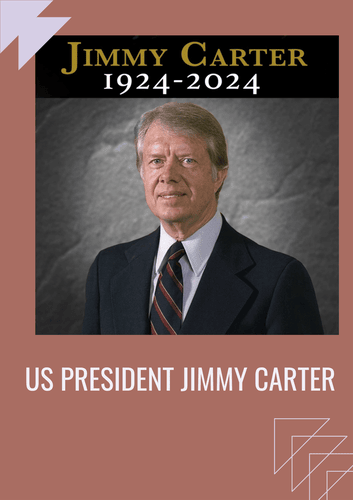
Jimmy Carter, the 39th president of the United States (1977–1981), is known for his dedication to peace, democracy, and human rights. Although he served only one term, his leadership left a lasting impact. Even after leaving the White House, he continued to serve people through humanitarian work and diplomacy.
Early Life and Political Journey of Jimmy Carter
Born on October 1, 1924, in Plains, Georgia, Jimmy Carter grew up in a farming family. After graduating from the U.S. Naval Academy, he served as a Navy officer before returning home to manage his family’s peanut farm. His political career started in Georgia, where he became a state senator and later served as the governor (1971–1975). As governor, he supported civil rights and government reforms.
Carter’s Presidency: Successes and Challenges
Jimmy Carter became president in 1977, promising honesty and transparency after the Watergate scandal. His time in office was marked by both achievements and difficulties.
Major Achievements of Jimmy Carter
- Camp David Accords (1978): Carter helped bring peace between Egypt and Israel, leading to the historic Camp David Accords.
- Energy Conservation: He encouraged energy-saving measures and promoted renewable energy sources to tackle the energy crisis.
- Environmental Protection: He expanded national parks and protected millions of acres of land in Alaska.
- Human Rights Focus: Carter made human rights a key part of U.S. foreign policy, speaking out against oppressive governments.
Biggest Challenges of Jimmy Carter
- Iran Hostage Crisis (1979–1981): 52 American diplomats and citizens were held hostage in Iran for over a year, damaging his presidency.
- Economic Problems: The U.S. faced high inflation and unemployment, making life difficult for many Americans.
- Cold War Tensions: When the Soviet Union invaded Afghanistan, Carter responded with sanctions and a boycott of the 1980 Olympics.
Life After the Presidency: A True Humanitarian
Although Carter lost the 1980 election to Ronald Reagan, he became one of the most active former presidents. He dedicated his life to serving people worldwide.
- The Carter Center (1982): This organization works for democracy, conflict resolution, and disease prevention.
- Habitat for Humanity: Carter and his wife, Rosalynn, helped build homes for families in need.
- Nobel Peace Prize (2002): He received this award for his efforts in promoting peace and human rights.
Jimmy Carter’s Legacy
Jimmy Carter is remembered not just as a president but as a global humanitarian. His work in promoting peace, democracy, and social justice continues to inspire people worldwide. His legacy proves that true leadership is about serving others, even beyond politics.
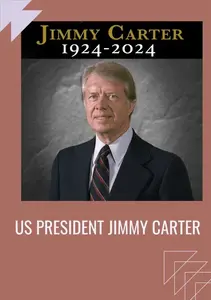


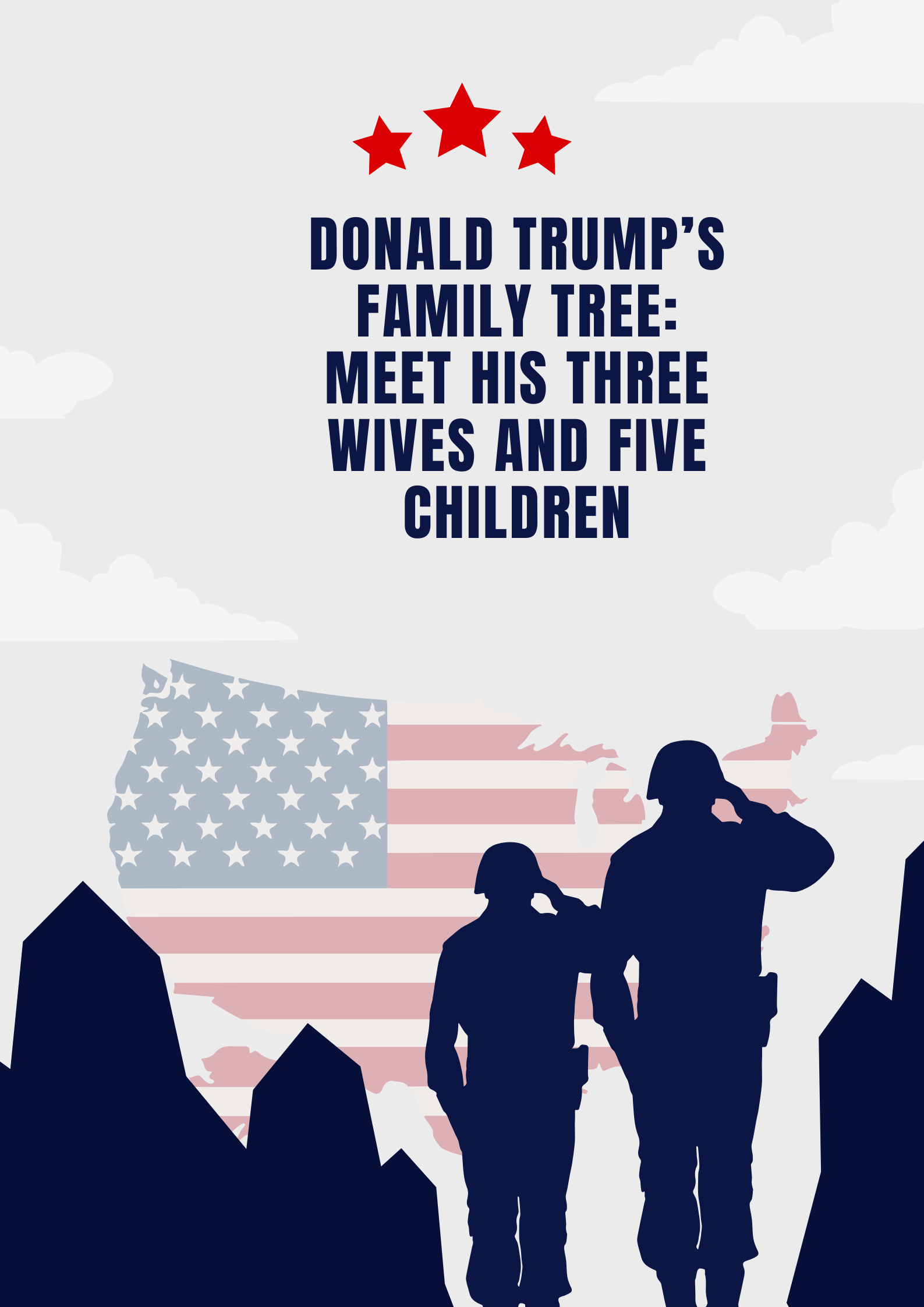


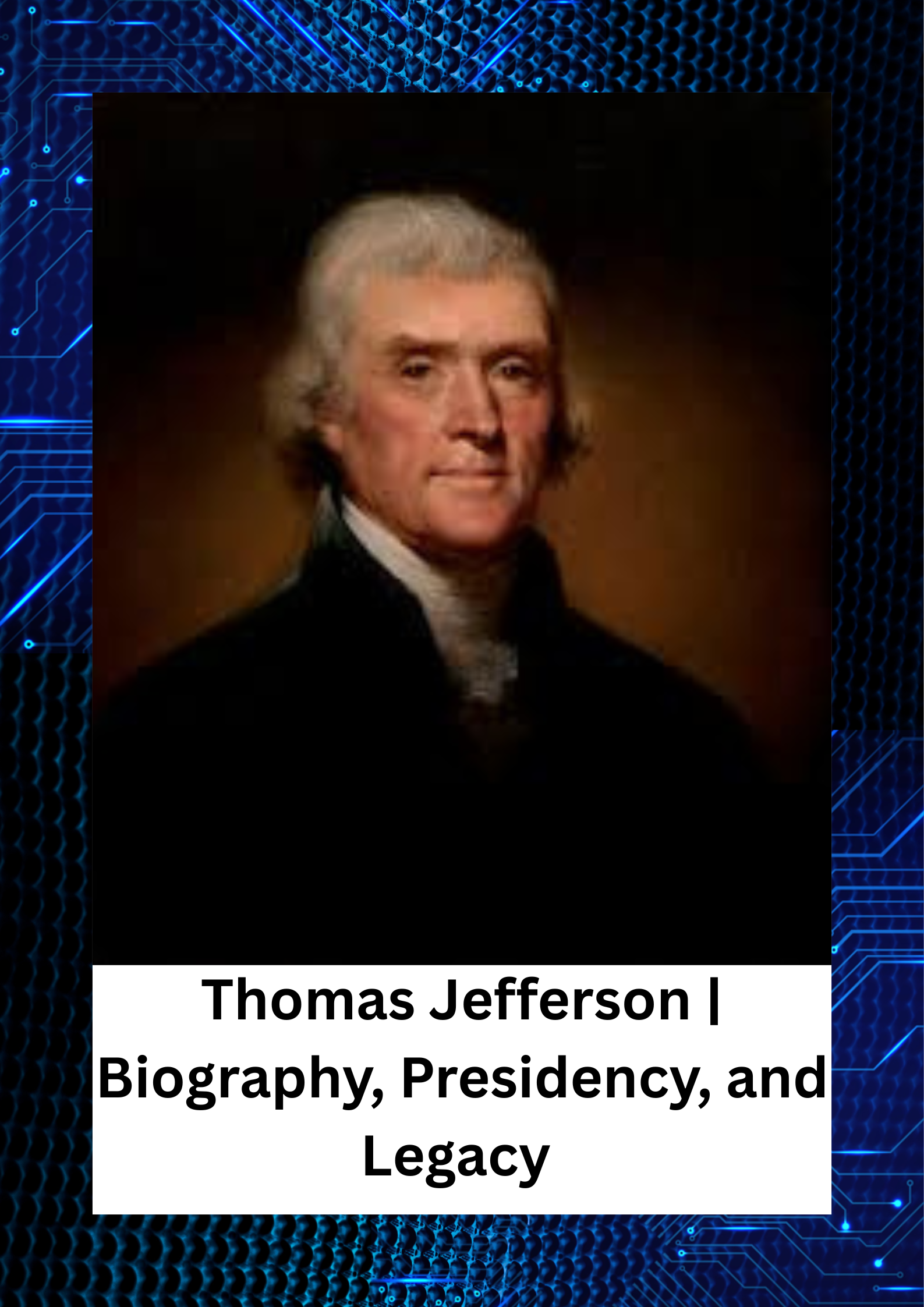


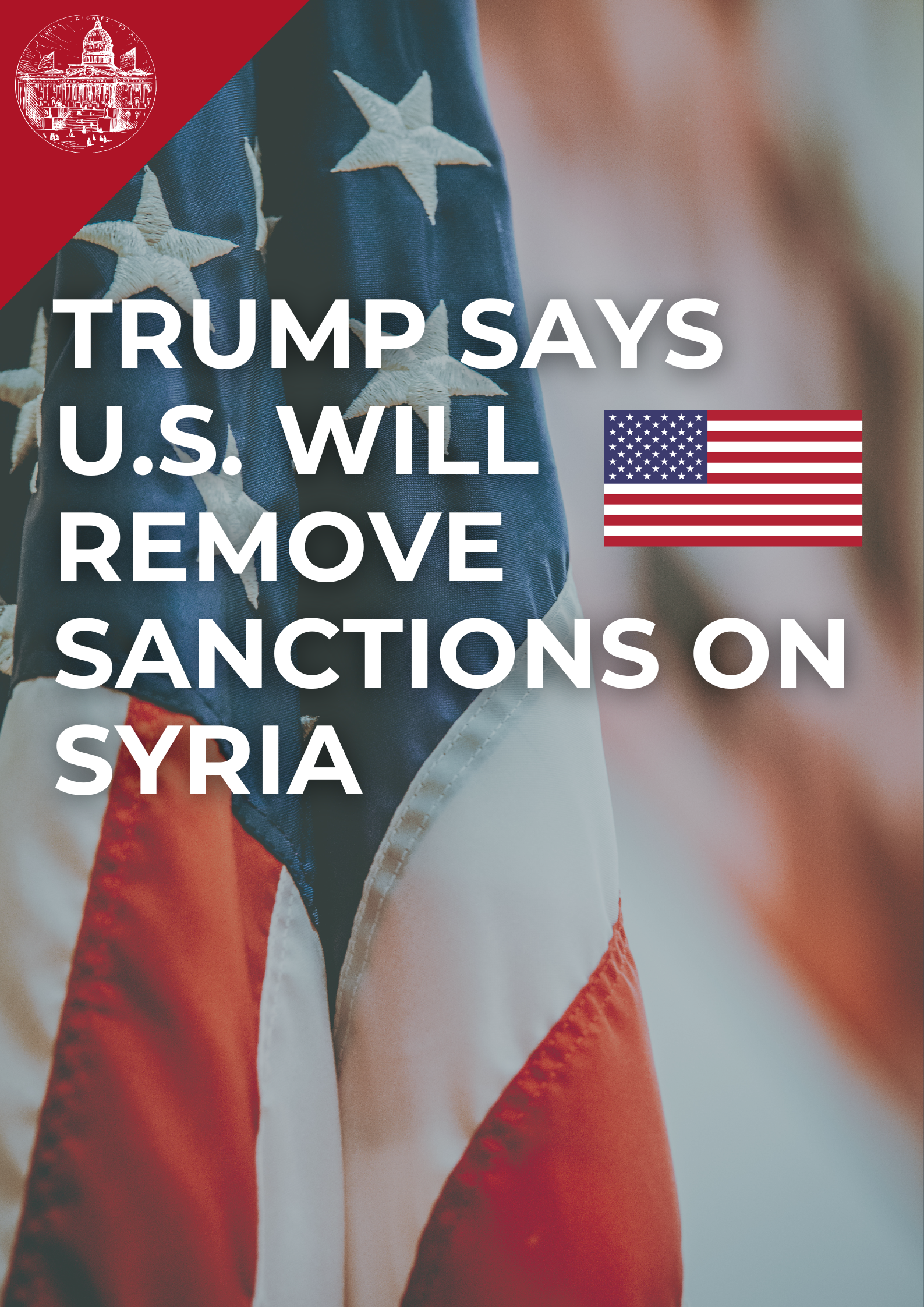

Leave a Reply